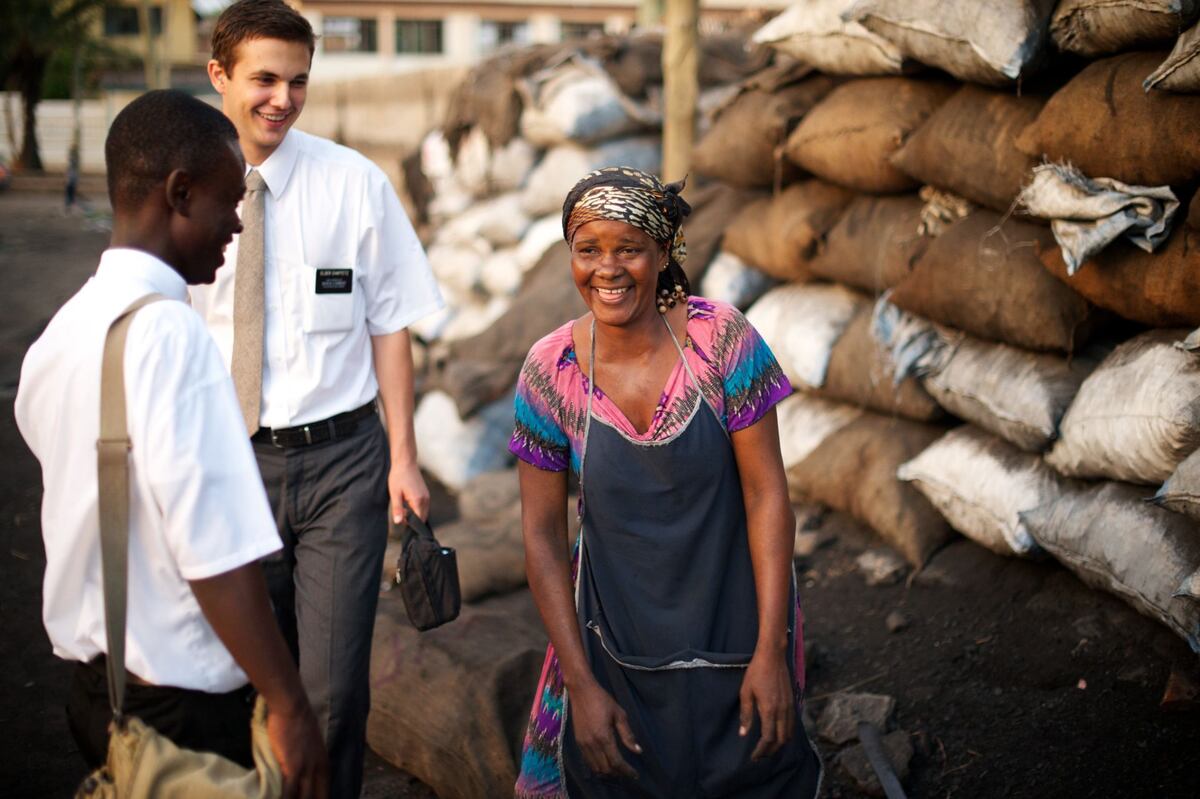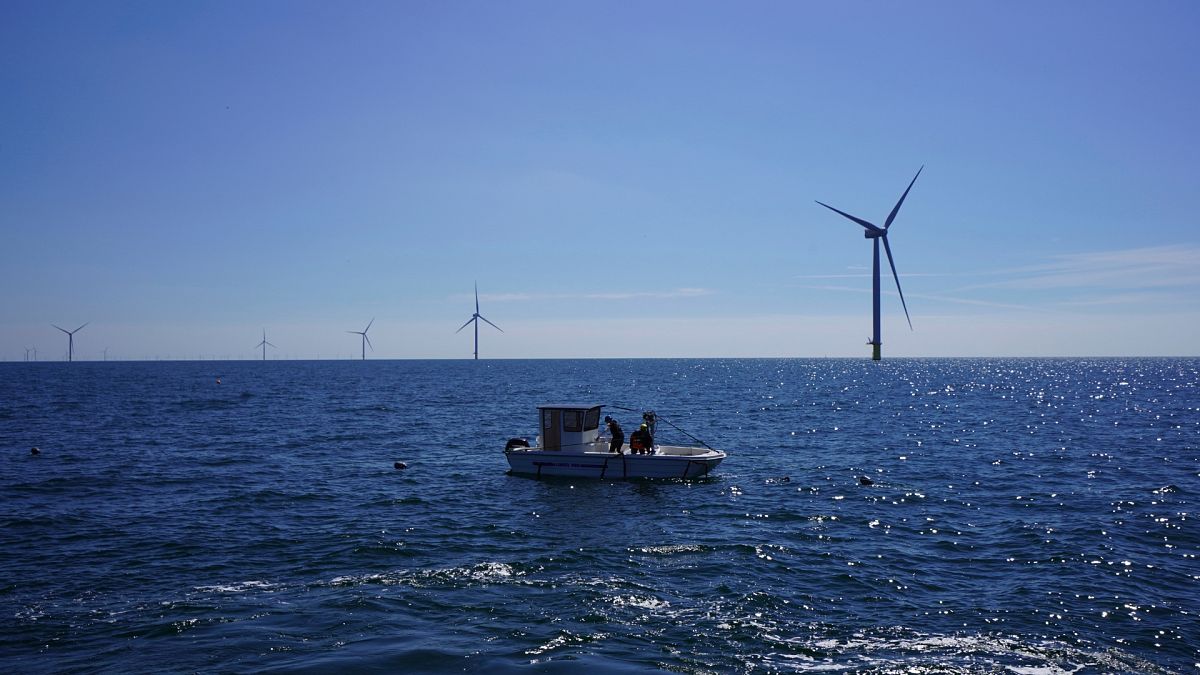A top European Union official is in Cyprus on Friday to inspect preparations to send desperately needed aid to war-ravaged Gaza by sea, just hours after President Joe Biden announced that the U.S. military will set up a temporary port off Gaza’s Mediterranean coast to support deliveries.
Efforts to dramatically ramp up aid deliveries signaled growing frustration with Israel’s conduct in the war in the United States and Europe.
Biden’s announcement of the sea port plan underscored how the United States is having to go around Israel, its main Mideast ally and the top recipient of U.S. military aid, to get aid into Gaza, including through airdrops that started last week. Israel accuses Hamas of commandeering some aid deliveries.
Efforts to set up a sea route for aid deliveries come amid mounting alarm over the spread of hunger among Gaza’s 2.3 million people. Hunger is most acute in northern Gaza, which has been isolated by Israeli forces for months and suffered long cutoffs of food supply deliveries.
After months of warnings over the risk of famine in Gaza under Israel’s bombardment, offensives and siege, hospital doctors have reported 20 malnutrition-related deaths at two northern Gaza hospitals.
While reiterating his support for Israel, Biden used his State of the Union speech to reiterate demands that Israeli Prime Minister Benjamin Netanyahu to allow in more aid to Gaza.
“To the leadership of Israel, I say this: Humanitarian assistance cannot be a secondary consideration or a bargaining chip,” Biden declared before Congress. He also repeated calls for Israel to do more to protect civilians in the fighting, and to work toward Palestinian statehood as the only long-term solution to Israeli-Palestinian violence.
U.S. officials said it will likely be weeks before the Gaza pier is operational.
Officials from the U.S., Europe, Israel and the Middle East were already deep in discussions and preparations for a maritime aid route.
Ursula von der Leyen, the head of the European Union’s powerful executive arm, arrived in Cyprus late Thursday to inspect facilities at the port of Larnaca, where aid ships are expected to depart for Gaza.
In November, Cypriot President Nikos Christodoulides offered the use of the port, which is a 230-mile (370-kilometer) journey from Gaza.
It’s unclear when the first ship will set sail, but it’s believed it could happen as early as Sunday, the expected start of the Muslim holy month of Ramadan.
A ship belonging to Spain’s Open Arms NGO is moored at Larnaca waiting for permission to deliver food aid from World Central Kitchen, a U.S. charity founded by celebrity chef José Andrés.
Aid groups have said their efforts to deliver desperately needed supplies to Gaza have been hampered because of the difficulty of coordinating with the Israeli military, the ongoing hostilities and the breakdown of public order. It is even more difficult to get aid to the isolated north.
Sigrid Kaag, the U.N. senior humanitarian and reconstruction coordinator for Gaza, told reporters late Thursday that air and sea deliveries cannot make up for a shortage of supply routes on land.
EU Commission spokesman Balazs Ujvari said on Wednesday the bloc would consider air drops, but this would be a last resort and cannot replace ground access to the enclave.
Ujvari said the EU has so far carried out around 40 flights to deliver aid to Gaza, primarily through Egypt.
Meanwhile, efforts to reach a cease-fire before Ramadan appeared stalled. Hamas said Thursday that its delegation had left Cairo, where talks were being held, until next week.
International mediators had hoped to alleviate some of the immediate crisis with a six-week cease-fire, which would have seen Hamas release some of the Israeli hostages it is holding, Israel release some Palestinian prisoners and aid groups be given access to to get a major influx of assistance into Gaza.
Palestinian militants are believed to be holding around 100 hostages and the remains of 30 others captured during Hamas’ Oct. 7 attack, in which militants killed about 1,200 people in Israel and took some 250 hostages. Several dozen hostages were freed in a weeklong November truce, and about 30 are believed to be dead.
Egyptian officials said Hamas has agreed to the main terms of such an agreement as a first stage but wants commitments that it will lead to an eventual more permanent cease-fire, while Israel wants to confine the negotiations to the more limited agreement.
The officials spoke on condition of anonymity because they were not authorized to discuss the negotiations with media. Both officials said mediators are still pressing the two parties to soften their positions.










